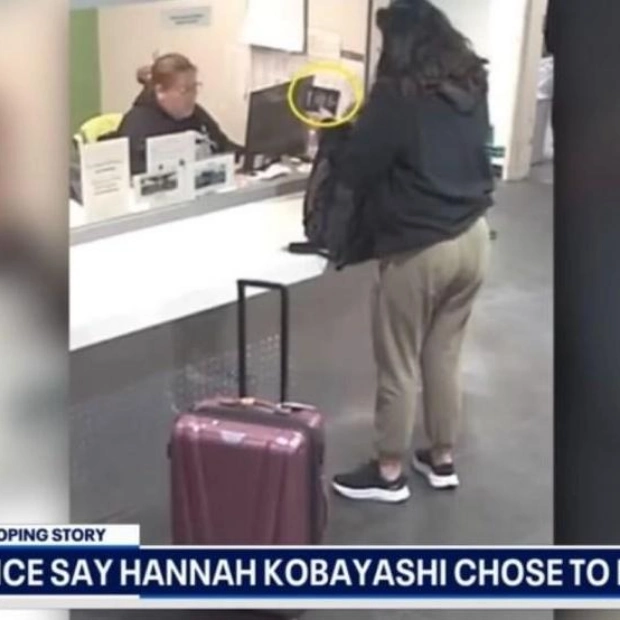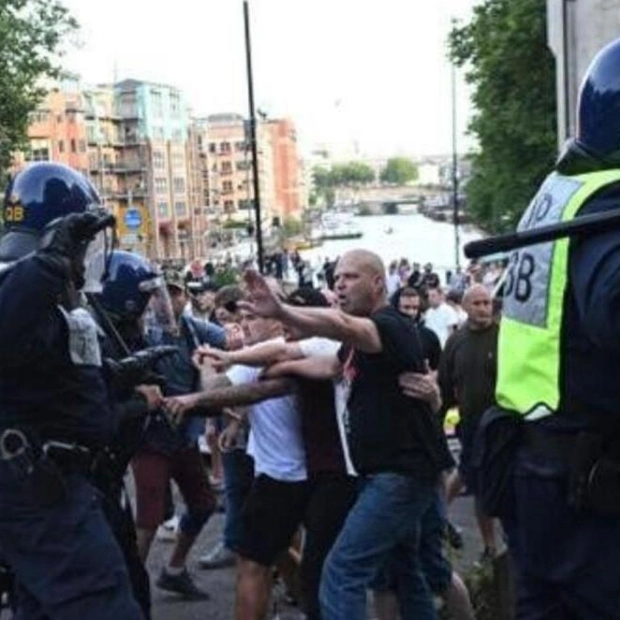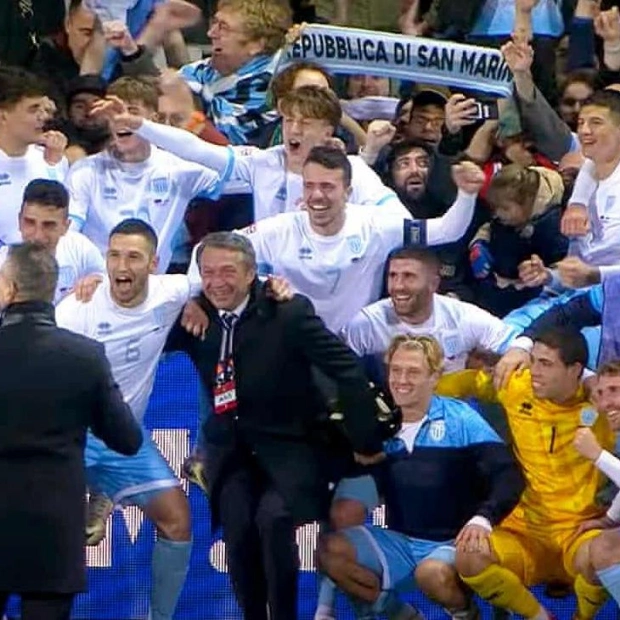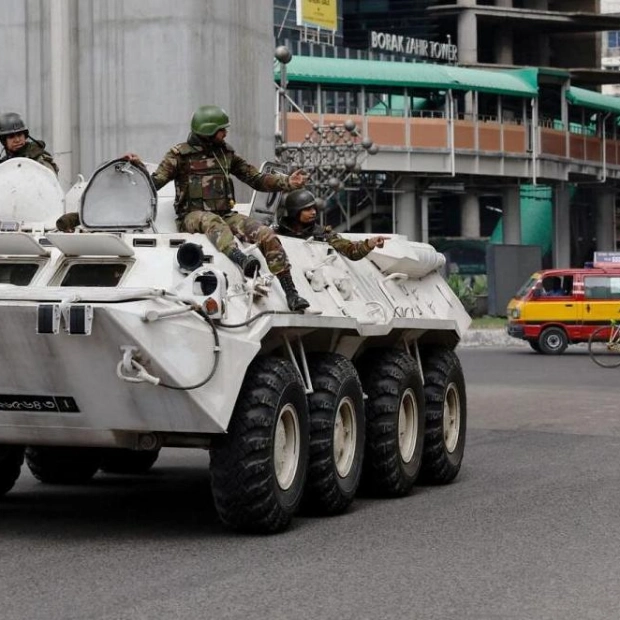Israeli officials and media expressed satisfaction on Monday as it seemed that a long-anticipated missile attack by the Iranian-backed Hezbollah movement had been largely prevented by Israeli pre-emptive strikes in southern Lebanon. Both Hezbollah and Israel appeared to be content to consider Sunday's retaliatory attack, prompted by the killing of a senior Hezbollah commander in Beirut last month, as resolved for now. Israeli government spokesperson David Mencer stated that Hezbollah had received a "crushing blow" from the Israeli strikes but emphasized the need for a more enduring solution. "The current situation is not sustainable," he said during a briefing, referring to the tens of thousands of evacuees from northern Israel, a situation mirrored in southern Lebanon. "Israel will fulfill its duty and return its population to our sovereign territory." The hopes of children returning for the new school year in September have faded, with financial aid for displaced residents extended to September 30. However, there was some optimism that the limited damage from the exchange of fire might facilitate talks to stop the fighting in Gaza and secure the release of Israeli and foreign hostages. Palestinian militant group Hamas has stated it will not accept a deal that allows Israeli troops to stay in the southern Gaza Strip border area with Egypt. Yet, some commentators suggested that Sunday's events might indicate a lack of support for Hamas to escalate the conflict beyond Gaza. "Perhaps—just perhaps—Israel's success in thwarting Hezbollah’s retaliation might lead to concessions by Hamas in hostage negotiations, given the failed attempt to expand the war to encompass the entire region," wrote Avi Issacharoff in Israel's largest-selling daily Yedioth Ahronoth. Early on Sunday, approximately 100 Israeli jets targeted dozens of Hezbollah launch sites in southern Lebanon, destroying thousands of rockets intended for Israel. Hezbollah did launch hundreds of missiles, but most were intercepted or landed in open areas. The exchanges of fire continued on Monday but were less intense. Israel reported striking a Hezbollah military structure in southern Lebanon and intercepting several aerial targets entering its territory from Lebanon, with no injuries reported. Hezbollah denied that its response to the killing of senior commander Fuad Shukr had been thwarted, stating that the operation had been successfully completed, raising hopes that the incident might be concluded, at least for now. Iran, which has promised retaliation against Israel for the assassination of Hamas political leader Ismail Haniyeh in Tehran last month, also indicated it was not seeking to escalate regional tensions.
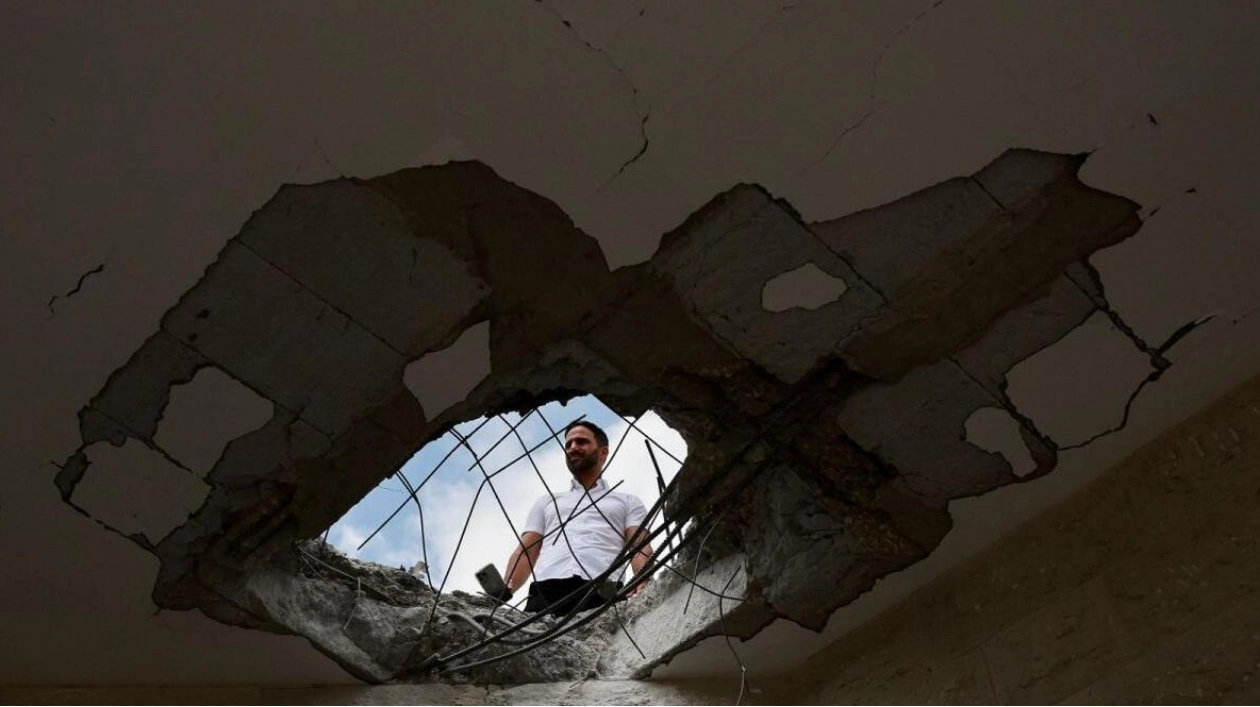
Text: Lara Palmer
27.08.2024
Success in Preventing Hezbollah's Retaliation Raises Hopes for Negotiations and Stability
